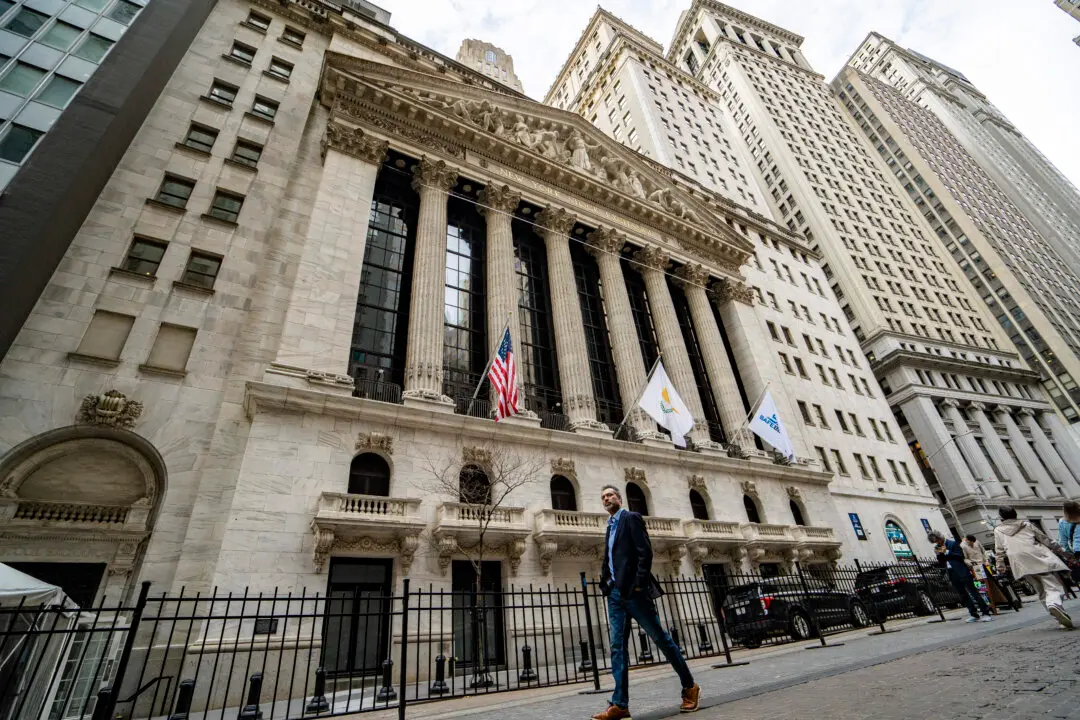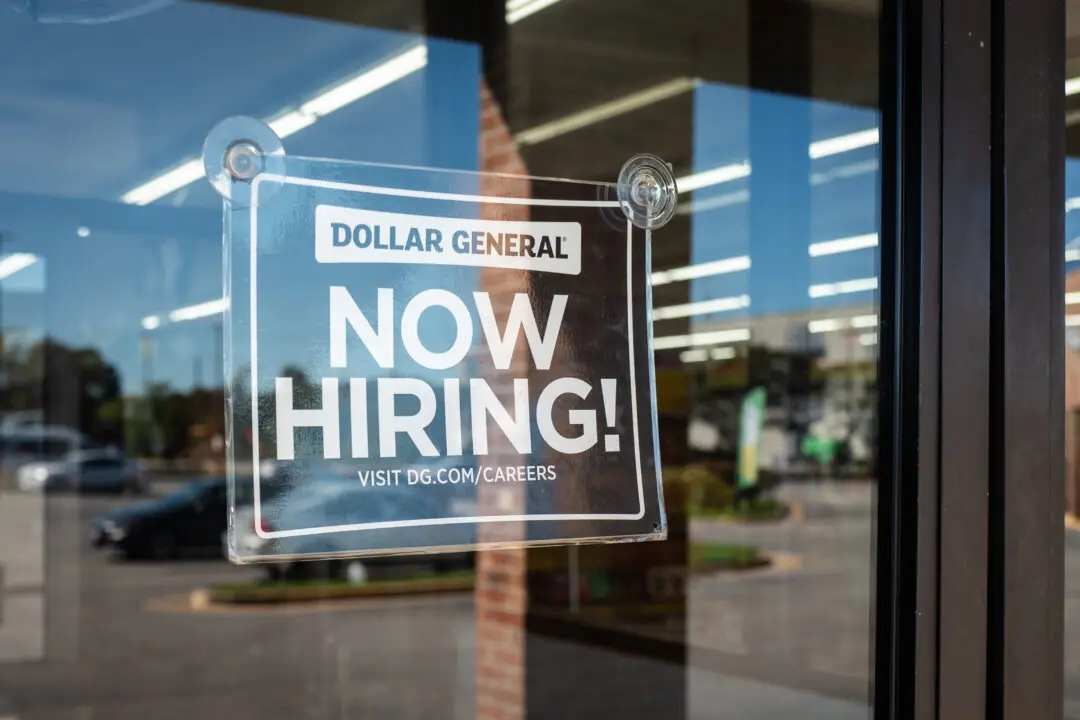The cryptocurrency sector has rebounded this year as its market capitalization returned above $1 trillion. Bitcoin prices have rallied more than 30 percent, Ethereum has risen 29 percent, and even Dogecoin has surged close to 20 percent.
But, according to U.S. lawmakers and regulators, the damage has been done to consumers and investors during last year’s crypto winter, and regulations must be adopted to prevent another situation of malfeasance like FTX, Alameda Research, and the Sam Bankman-Fried.





